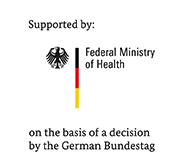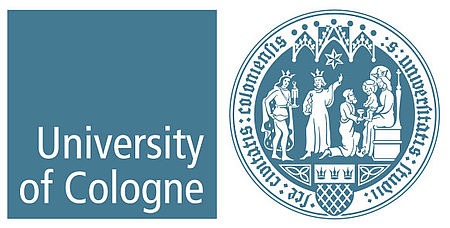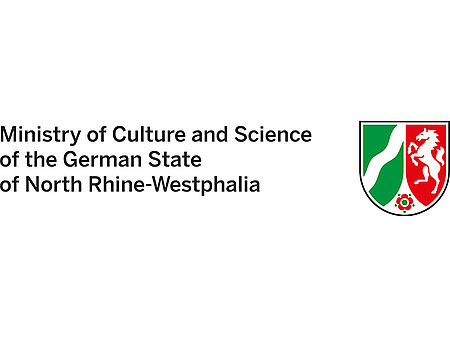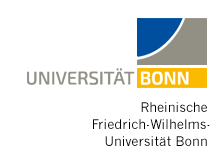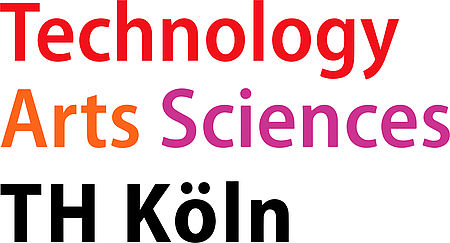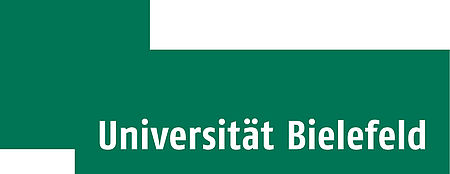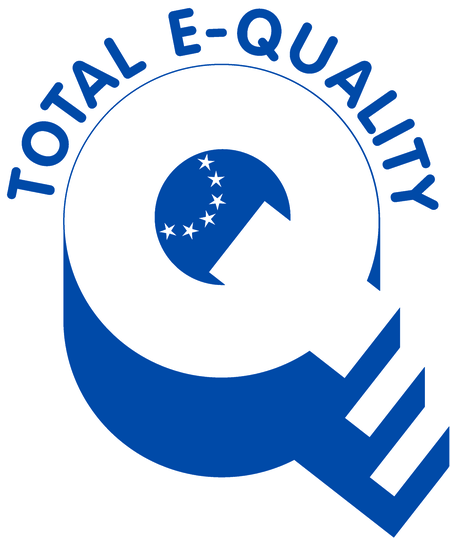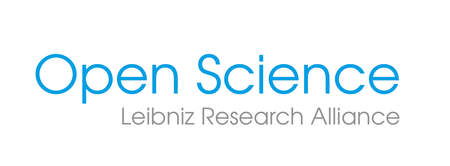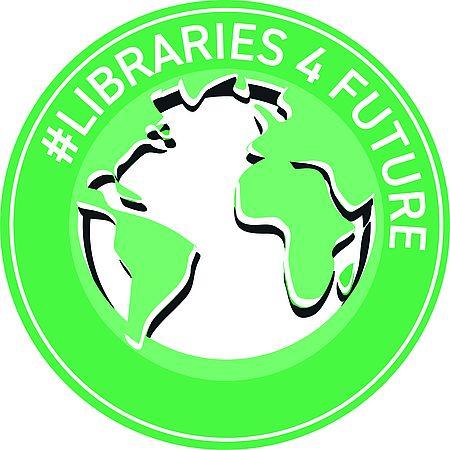Focus on sharing knowledge
ZB MED and BIBI have defined a common overall strategy for the years ahead – and knowledge transfer is one of its key components. Based on the vision of “harnessing research and infrastructure to empower people and benefit the environment”, ZB MED/BIBI set outs this objective in its fifth strategic principle: “We pass on skills and expertise by engaging in active knowledge transfer.”
Research in the life sciences plays a vital role in health and nutrition and the environment as a whole. Exchanging data, information and knowledge in this field therefore benefits not only researchers, but also society at large. At the same time, the shift towards digital life sciences is increasingly giving people direct access to scientific findings and results. The benefits of this development are becoming clearer by the day.
ZB MED/BIBI’s focus on knowledge transfer aims to reinforce academic practices and empower society by sharing and transferring digital skills and tools at the interface between information science, data science and the life sciences.
ZB MED/BIBI has based its strategy on the paradigm of Open Science. As an institute specialising in information and data science, it strives to share its data, information and scientific findings with the following target groups:
- university/non-university researchers and teachers as well as users/practitioners and students in the life sciences;
- those who work in infrastructure institutions or in the fields of information and data science;
- stakeholders, in particular sponsors/donors from scientific institutions, government bodies and the research community, especially the Leibniz Association; and
- members of the general public interested in these areas of research.
ZB MED/BIBI develops platforms, technologies and cloud-based solutions to create the services these target groups need. As well as facilitating access to quality-assured data and information, these services actively promote a cultural shift towards FAIR sharing of data in academia and wider society.
The concept of knowledge transfer can be interpreted in various ways, but what matters is ensuring that the transfer processes in each case are closely aligned to each institution’s specific goals. ZB MED/BIBI has based its knowledge transfer practices on the position papers published by the Leibniz Association and the German Council of Science and Humanities, which define three main fields of action:
- Imparting or communicating knowledge and passing on skills within specific frameworks. This includes direct forms of knowledge transfer (e.g. workshops, training interventions, teaching, lectures, interviews, panel discussions) as well as indirect channels (e.g. open access publications, guidelines, videos).
- Offering advice and consulting services as a direct form of knowledge transfer. This requires a flexible structure with components that can be adapted to changing requirements.
- Developing and applying technologies, tools and infrastructures as a direct form of knowledge transfer. This means operating as a “digital enabler”, for example by providing services and open source software.
ZB MED/BIBI fosters and conducts knowledge transfer in all three areas. In fact, this concept of communicating and sharing knowledge is a vital part of its role as a national specialist library and a centre for information infrastructures. ZB MED/BIBI is a digital enabler, which means it opens up the technologies it develops to specialist scientific communities and shares the knowledge required to use them. This pioneering approach is reflected in its role as Regional Coordinator of The Carpentries for Germany, Austria and Switzerland.
Outlook
ZB MED/BIBI will continue to build on the structures that are already in place, further intensifying its transfer activities by developing its staff and systems and fulfilling its role as a digital enabler and key disseminator. Some of these improvements will be funded by third parties.
In terms of personnel development, the University of Cologne will be assisting with efforts to incorporate support services such as patent registration and spin-offs into the career planning structure, which is currently being enhanced. Plans also include the creation of a central structure for knowledge transfer within ZB MED/BIBI, which will make it easier to pool in-house and external activities.
ZB MED/BIBI will also continue to pursue its role as a digital enabler by developing multiple software tools and steadily increasing their availability to third parties. Efforts will also focus on driving forward ZB MED/BIBI's specialist skills in cloud computing and data science, particularly in the context of The Carpentries.
ZB MED/BIBI has taken on a highly successful role in various projects that form part of Germany’s national research data infrastructure (NFDI). ZB MED/BIBI will be working within these networks as a digital enabler to develop new services. It will also act as a key disseminator by promoting the development of standards and guidelines as an indirect form of knowledge transfer.

